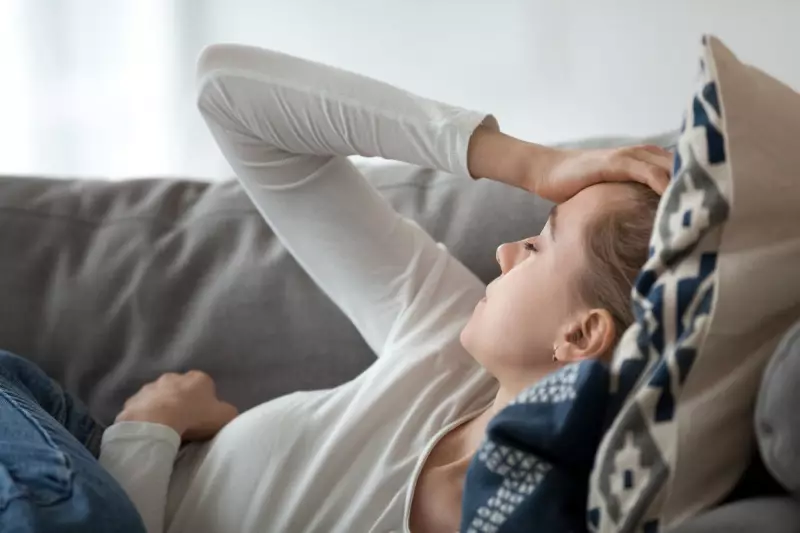
Healthcare professionals across the UK are raising urgent concerns about a worrying social media trend that sees people taping their mouths shut overnight in pursuit of better sleep. The controversial practice, which has gained traction on platforms like TikTok and Instagram, promises to reduce snoring and improve sleep quality but could potentially endanger lives.
What Exactly is Mouth Taping?
The technique involves using specialised tape or standard medical tape to keep the mouth closed during sleep, forcing nasal breathing. Proponents claim this can alleviate snoring, prevent dry mouth, and even enhance oxygen intake. However, medical experts are deeply troubled by the potential consequences.
Medical Community Sounds Alarm
Dr Hana Patel, an NHS GP and sleep specialist, emphasises the significant risks involved. "While the intention might be to improve sleep quality, mouth taping can be extremely dangerous," she explains. "If someone has undiagnosed sleep apnea or nasal congestion, this practice could lead to serious breathing difficulties and reduced oxygen levels."
Understanding the Real Dangers
The risks extend beyond simple discomfort. Medical professionals highlight several critical concerns:
- Undiagnosed sleep disorders: Many people with sleep apnea remain undiagnosed, and mouth taping could dangerously restrict their breathing
- Nasal obstructions: Common conditions like allergies, colds, or structural issues can make nasal breathing difficult or impossible
- Emergency situations: Difficulty removing tape quickly during nighttime breathing problems
- Skin irritation: Potential allergic reactions or damage to sensitive facial skin
When Breathing Through Your Nose Matters
While nasal breathing does offer benefits, including filtering air and improving oxygen uptake, forcing it through taping creates unnecessary risks. "The body naturally breathes through the nose when possible," notes Dr Patel. "If you're consistently breathing through your mouth during sleep, there's likely an underlying reason that requires proper medical attention."
Safe Alternatives for Better Sleep
Rather than resorting to potentially dangerous trends, sleep specialists recommend evidence-based approaches:
- Consult with your GP about persistent snoring or sleep issues
- Consider referral to a sleep clinic for proper diagnosis
- Explore medically approved anti-snoring devices
- Maintain good sleep hygiene practices
- Address allergies or nasal congestion with appropriate treatments
The consensus among healthcare professionals is clear: when it comes to sleep health, evidence-based medical advice should always take precedence over social media trends that could compromise your wellbeing.





